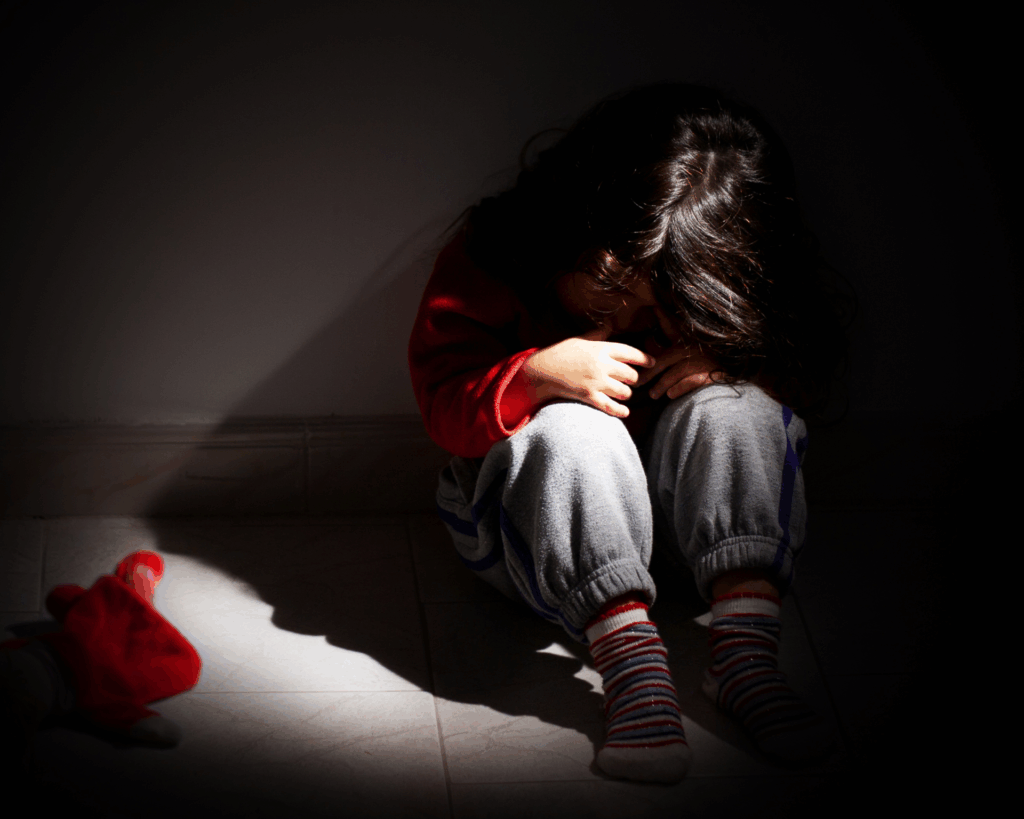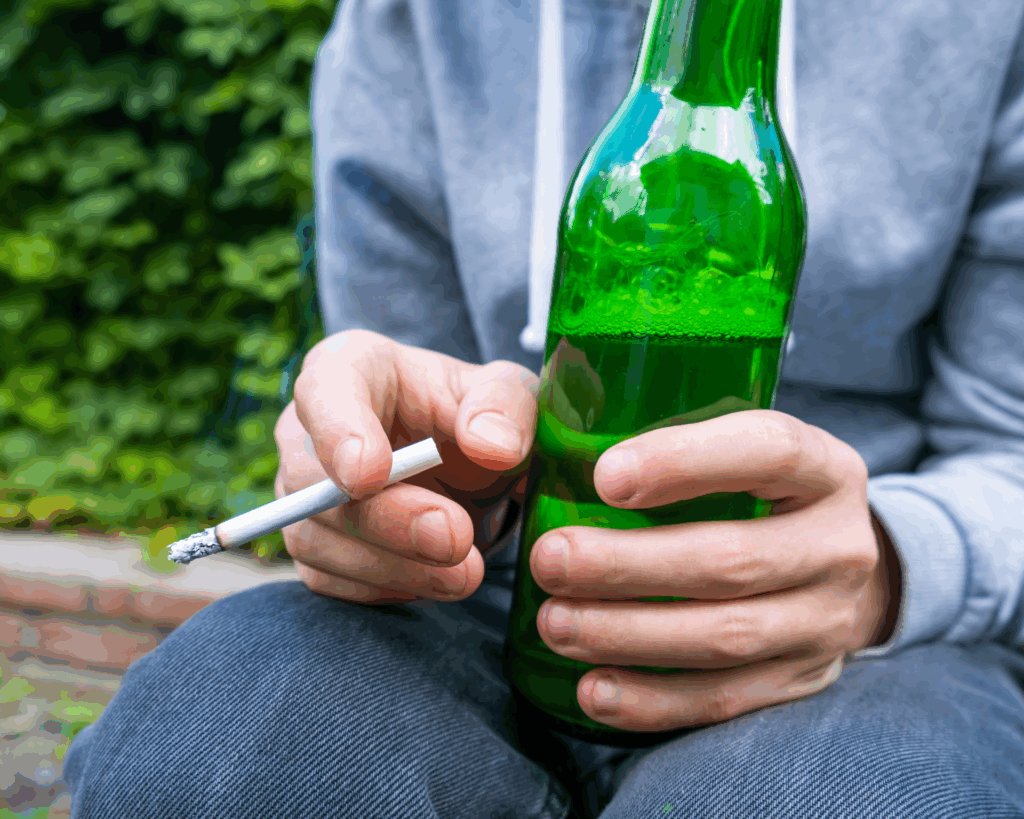Spillover Effects: Police Killings and Black Americans' Mental Health
Black Americans are three times more likely to be killed by police than White Americans, and five times more likely to be killed unarmed. Jacob Bor and colleagues conducted research to measure the mental health impact of police shootings.

Read Time: 3 minutes
Published:
Black Americans are three times more likely to be killed by police than White Americans, and five times more likely to be killed unarmed. Although the media and small-area studies have reported the consequences of unarmed shootings on mental health, scholars have yet to quantify the national impact. In July of this year, Dr. Jacob Bor and colleagues conducted a nationally representative study to measure the impact of these police shootings on Black Americans’ mental health.
Bor and his team analyzed data from two sources. First, mental health data within each state were obtained from the Behavioral Risk Factor Surveillance System (BRFSS), a large, population-based survey conducted by the Center for Disease Control which measures health behaviors of state residents via random-digit-dial surveys. Respondents reported how many days of “poor” mental health they experienced in the past month, based on stress, depression, and emotional problems. Second, to obtain information on police killings, the research team used data from the Mapping Police Violence research collaborative, which has collected and compiled the date and location police killings since 2013.
On average, Black Americans are exposed to four police killings of other unarmed Black Americans in the same state each year.
On average, Black Americans are exposed to four police killings of other unarmed Black Americans in the same state each year. Police killings affected mental health the most within the first two months of the incident. The researchers estimate that these killings cause an additional 1.7 poor mental health days per person every year, or an additional 55 million poor mental health days per year in the general Black US population. By comparison, diabetes is one of the most common chronic diseases in the US, and causes 75 million poor mental health days annually among Black Americans.
The contrast between Black and White respondents is stark. Killings of unarmed White Americans did not effect the mental health of other Whites.
“Just because it’s intuitive that racism is bad for health, doesn’t mean we don’t need evidence to quantify the impacts on health,” Bor explained. “It’s not that people are different, but that people have different exposures to racism, which causes real harm when it comes to health.”
Although the impact on Black American’s mental health will vary between individuals within each state (from people who experienced a close exposure and were impacted directly to others who may not have heard of the event) the effects were estimated at a population-level.
“The important thing about the analysis,” explained Bor, “[is that] exposure here is simply defined based on what state you live in, and whether the date of your interview was within three months of a police killing of an unarmed Black American.”
Bor emphasized, “There are lots of open questions – [but] the fundamental one is how do we reduce police violence and the disproportionate police force in Black communities?”
Feature image: Screenshot of interactive Police Violence Map created by ![]() Samuel Sinyangwe
Samuel Sinyangwe



